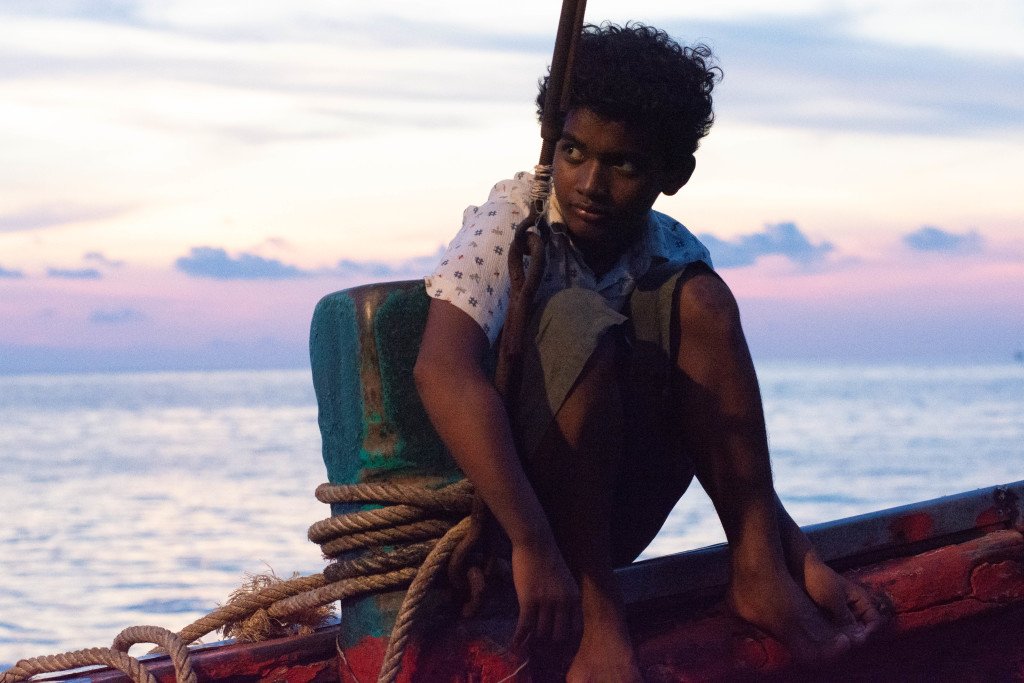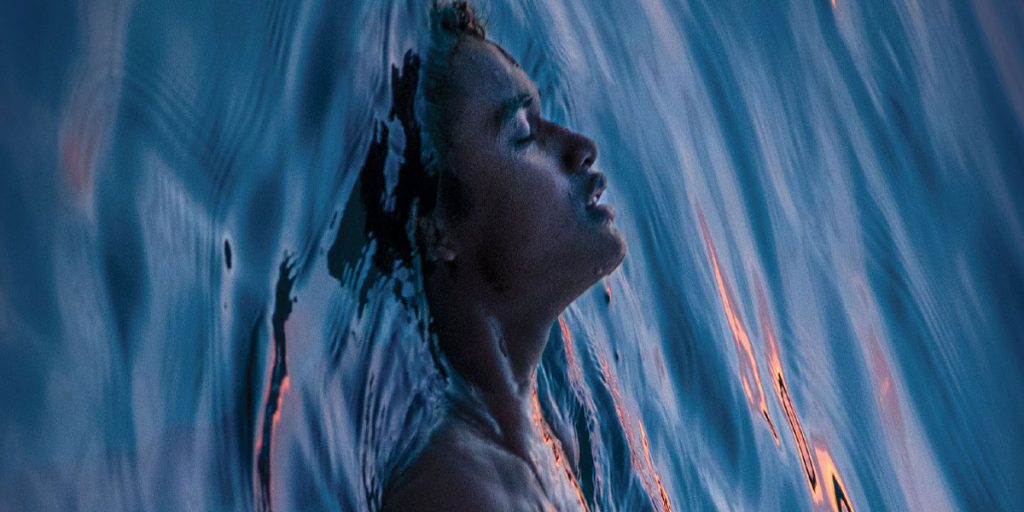Buoyancy is a gripping and raw look at modern slavery, led by an impressive and significant child performance.
While many might not believe it, slavery still exists in many parts of the world. Many industries are reliant on forced labor, which can return billions of dollars annually, thanks to the hundreds of thousands enslaved who work for countless hours with little rest and no income. Violence and murder can also be experienced on the workforce for these people stripped of freedom. This conflict is somewhat under looked, but Australian filmmaker Rodd Rathjen aims at bringing awareness to this global issue in his directorial debut, Buoyancy. Having already garnered attention at festivals such as Berlinale, Rathjen details the horrors of Thailand’s fishing industry in suspenseful manner. Sarm Heng plays a young protagonist who experiences this form of slavery firsthand, providing the strength of the film alongside its adequate filmmaking. Ultimately, Buoyancy accounts for a devastating tale of survival that succeeds not only in moving audiences, but in making them attentive of this ongoing situation in our world.
Chakra is a 14-year-old Cambodian boy who is dissatisfied working for his father; every day brings in hard labor with no pay for him. After a failed confrontation with his father, who counterargues that food and a roof over their heads are sufficient enough, Chakra leaves home for a better life, pursuing an opportunity of prosperity given to him to go work at a factory. But he falls into a trap, being sold to work labor on a fishing vessel run by an armed and ruthless captain. Chakra is only one of many slaves who are put to work twenty-two hours a day collecting fish for animal food production. Escape is rendered impossible for the slaves as nearly all of them cannot swim and are isolated by the infinite nothingness of the ocean. They are also unfriendly to Chakra, harassing him as he quickly grows to be favored by the leader. The slaves are also tortured, abused, and even murdered by their captors for not staying in line. All of this leaves Chakra to speculate on the idea of growing as cruel like those around him as his only chance at survival.

The film’s message is clear from the beginning: forced labor still exists, with our protagonist Chakra, whom experiences it at home and in Thailand, being a representation of the many people who have fallen victim to human trafficking. There is a soul-crushing process behind the fish used for the dog food you buy that leads back to slaves working nearly an entire day on a boat for virtually no pay. But the focus of Buoyancy isn’t on only on this urgent message. Rathjen’s drama unravels from the perspective of young Chakra. Chakra’s humanity is challenged by what he witnesses on a daily basis, his mindset slowly developing from innocent to deteriorated.
Buoyancy’s writing is surprisingly minimal, for there is not a lot of dialogue or exposition or character background. Yet there is no trouble keeping audiences in suspense and curious as to what will happen next. Having a child be the protagonist amongst these extreme circumstances would have required the right actor to portray Chakra, and director Rathjen found it in Sarm Heng. Heng gives the film a layer of authenticity that it needed to function as good as it did, delivering a performance that feels effortlessly done and realistic.
I have always believed that the best films are the ones that account for eye-opening stories with much realism to them. Many filmmakers use cinema as a platform for activism, and even fewer manage to do it in cinematic ways. The power of Buoyancy comes from Rodd Rathjen’s writing and directing. Rathjen not only recognizes trafficking in Thailand but creates a film that leaves such a long lasting impact on the audiences, which is what every great film should do. Of course, none of it would have been as operative if it were not for Sarm Heng, practically an unknown, giving one of the best child performances you’ll ever see. The sentimentality is not manipulative, the suspenseful elements are effective, and the overall execution has true craftsmanship to it. Buoyancy may be an Australian film in the Thai language, however its story is for all humanity to watch and learn about. But save your applause not for the film, but for the real-life victims of trafficking and what they endure.
Buoyancy was released in virtual cinemas through Kino Marquee starting September 11, 2020.

